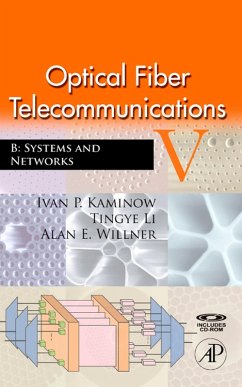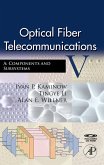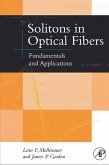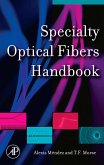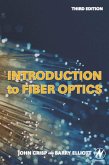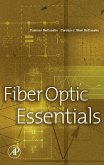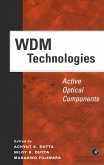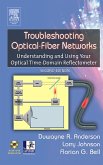Volume (A) is devoted to components and subsystems, including: semiconductor lasers, modulators, photodetectors, integrated photonic circuits, photonic crystals, specialty fibers, polarization-mode dispersion, electronic signal processing, MEMS, nonlinear optical signal processing, and quantum information technologies. Volume (B) is devoted to systems and networks, including: advanced modulation formats, coherent systems, time-multiplexed systems, performance monitoring, reconfigurable add-drop multiplexers, Ethernet technologies, broadband access and services, metro networks, long-haul transmission, optical switching, microwave photonics, computer interconnections, and simulation tools.
Biographical Sketches
Ivan Kaminow retired from Bell Labs in 1996 after a 42-year career. He conducted seminal studies on electrooptic modulators and materials, Raman scattering in ferroelectrics, integrated optics, semiconductor lasers (DBR , ridge-waveguide InGaAsP and multi-frequency), birefringent optical fibers, and WDM networks. Later, he led research on WDM components (EDFAs, AWGs and fiber Fabry-Perot Filters), and on WDM local and wide area networks. He is a member of the National Academy of Engineering and a recipient of the IEEE/OSA John Tyndall, OSA Charles Townes and IEEE/LEOS Quantum Electronics Awards. Since 2004, he has been Adjunct Professor of Electrical Engineering at the University of California, Berkeley.
Tingye Li retired from AT&T in 1998 after a 41-year career at Bell Labs and AT&T Labs. His seminal work on laser resonator modes is considered a classic. Since the late 1960s, He and his groups have conducted pioneering studies on lightwave technologies and systems. He led the work on amplified WDM transmission systems and championed their deployment for upgrading network capacity. He is a member of the National Academy of Engineering and a foreign member of the Chinese Academy of Engineering. He is a recipient of the IEEE David Sarnoff Award, IEEE/OSA John Tyndall Award, OSA Ives Medal/Quinn Endowment, AT&T Science and Technology Medal, and IEEE Photonics Award.
Alan Willner has worked at AT&T Bell Labs and Bellcore, and he is Professor of Electrical Engineering at the University of Southern California. He received the NSF Presidential Faculty Fellows Award from the White House, Packard Foundation Fellowship, NSF National Young Investigator Award, Fulbright Foundation Senior Scholar, IEEE LEOS Distinguished Lecturer, and USC University-Wide Award for Excellence in Teaching. He is a Fellow of IEEE and OSA, and he has been President of the IEEE LEOS, Editor-in-Chief of the IEEE/OSA J. of Lightwave Technology, Editor-in-Chief of Optics Letters, Co-Chair of the OSA Science & Engineering Council, and General Co-Chair of the Conference on Lasers and Electro-Optics.
Dieser Download kann aus rechtlichen Gründen nur mit Rechnungsadresse in A, B, BG, CY, CZ, D, DK, EW, E, FIN, F, GR, HR, H, IRL, I, LT, L, LR, M, NL, PL, P, R, S, SLO, SK ausgeliefert werden.

